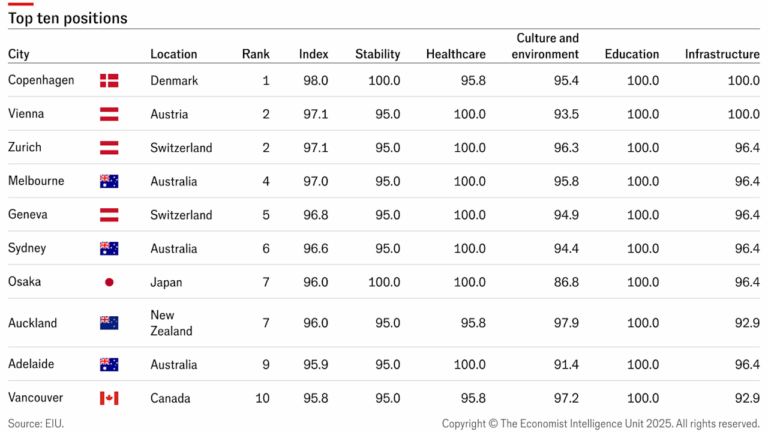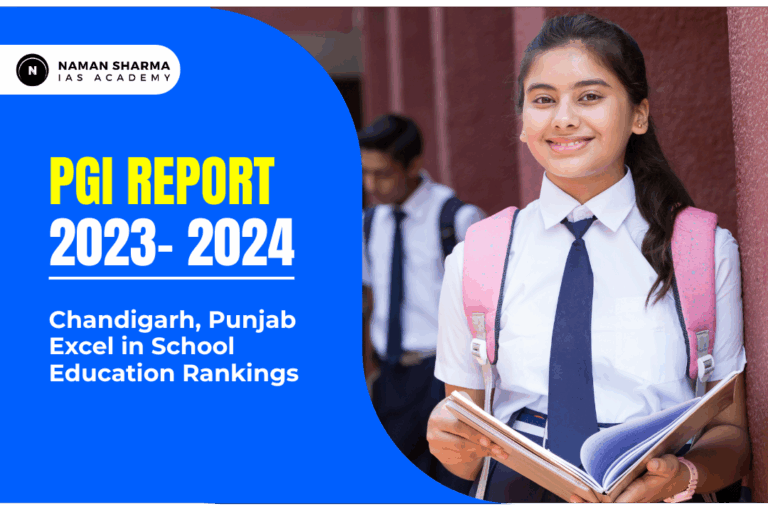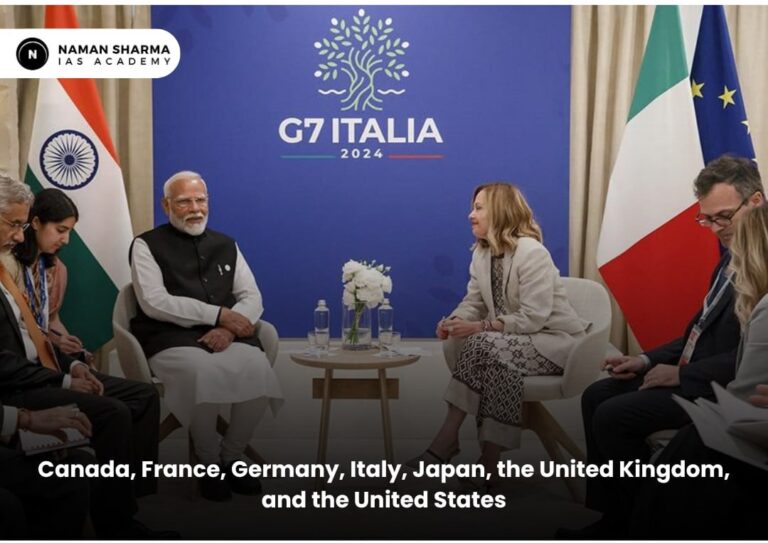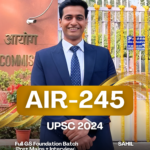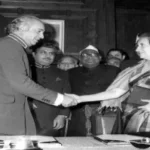Digital Access is a Part of the Fundamental Right to Life and Liberty: Supreme Court
- Recently, the Supreme Court of India has ruled that digital access is an intrinsic part of the fundamental right to life and liberty under Article 21 of the Constitution.
- This pronouncement reinforces the constitutional obligation of the State to bridge the digital divide (marked by lack of infrastructure, skills, and accessible content) and ensure inclusive digital infrastructure.
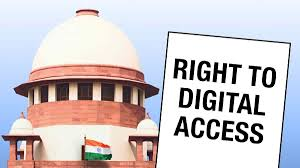
Highlights of the Judgment:
Focus on KYC Processes:

- It issued 20 directions to make digital KYC processes more accessible for acid attack survivors and the visually impaired.
Digital Divide:
- It recognised the digital divide as a constitutional issue, emphasising the need for equal access to digital platforms for essential services and opportunities.
About Article 21
- Article 21 reads: “No person shall be deprived of his life or personal liberty except according to procedure established by law.”
- Initially focused on protecting life from arbitrary state action, it has been expanded to include living with dignity.
Judicial Expansions
- Maneka Gandhi vs. Union of India (1978): Right to live with dignity, requiring a fair, just, and reasonable procedure.
- Sunil Batra vs. Delhi Administration (1978): Right to live a healthy life and preserve cultural heritage.
- Bandhua Mukti Morcha vs. Union of India (1984): Linking Article 21 with the Directive Principles of State Policy, ensuring abolition of forced labour.
- Subramaniam Swamy vs. Union of India (2016): Recognized right to reputation as part of Article 21.
- Aruna Shanbaug case (2011): Recognized the right to die with dignity as part of Article 21.
- K.S. Puttaswamy vs. Union of India (2017): Right to privacy recognized as an essential part of Article 21.
Prelims Practice Question: [UPSC 2024]
Questions: Under which of the following Articles of the Constitution of India has the Supreme Court of India placed the Right to Privacy?
Options:
(a) Article 15
(b) Article 16
(c) Article 19
(d) Article 21
Correct Answer: Option (d)
Explanation: K.S. Puttaswamy vs. Union of India (2017): Right to privacy recognized as an essential part of Article 21
Mains Practice Question:
Q. Discuss the implications of the Supreme Court’s recognition of digital access as part of the fundamental right to life and liberty under Article 21. How does this judgment strengthen digital inclusion and constitutional governance in India?

